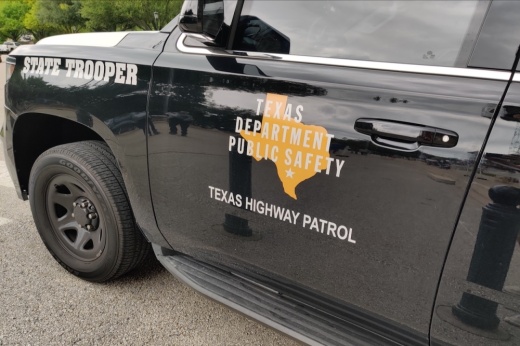Hours after the U.S. Supreme Court ruled Senate Bill 4 could take effect, a federal appeals court blocked it. SB 4 is at the center of a legal battle over whether state officials can create their own immigration restrictions, and courts have flip-flopped on the law since Feb. 29.
What happened
SB 4 would allow police officers across Texas to arrest migrants they suspect of illegally crossing the Texas-Mexico border. Judges could prosecute migrants or order them to return to Mexico, regardless of their nationality.
After Republican Gov. Greg Abbott signed SB 4 in December, the U.S. Department of Justice and several immigrants rights groups sued Texas, arguing the measure was unconstitutional.
Below is a timeline of the legal action surrounding SB 4:
- Feb. 29: U.S. District Judge David Ezra temporarily blocks SB 4 after hearing oral arguments two weeks earlier.
- March 1: The conservative 5th U.S. Circuit Court of Appeals overturns Ezra’s ruling and schedules SB 4 to take effect March 10.
- March 4-March 18: The Supreme Court pauses SB 4 as justices deliberate the case.
- 1 p.m. March 19: The Supreme Court allows SB 4 to take effect immediately while the 5th Circuit Court considers whether the law is constitutional.
- 9:45 p.m. March 19: A three-judge panel from the 5th Circuit Court overturns the court’s previous ruling, once again halting the law.
Attorneys for the state, the Justice Department and immigration advocates will present their arguments on SB 4 to the 5th Circuit Court at 10 a.m. March 20.





